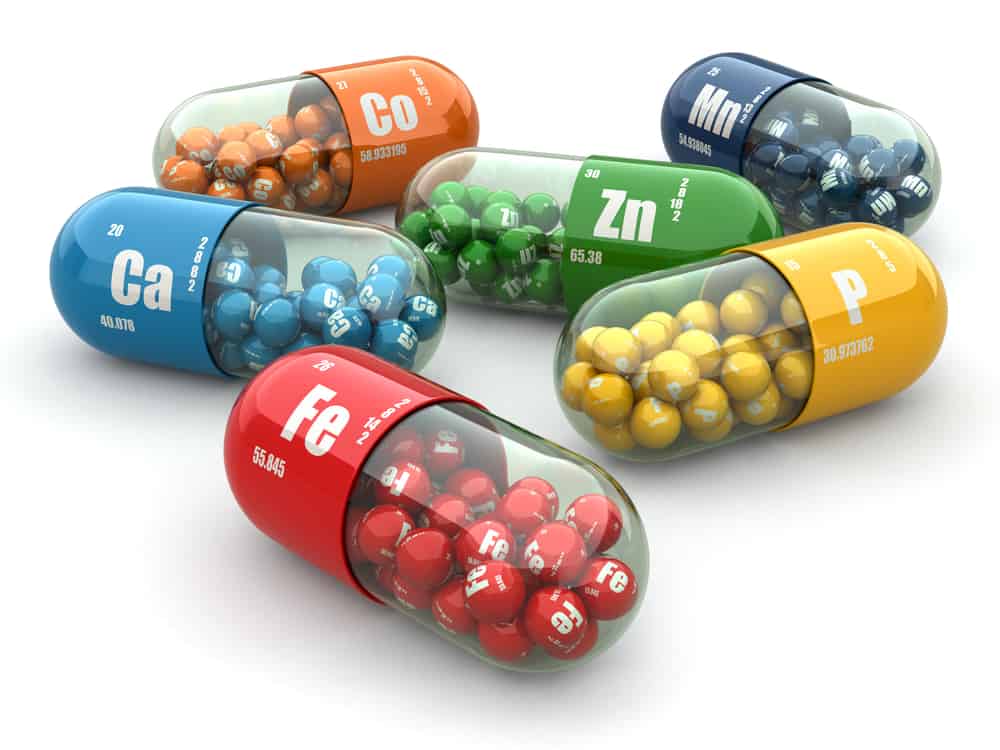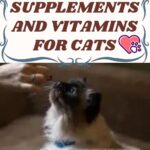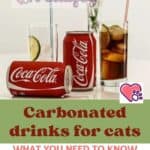
Many of the dog-specific diets involve the addition of synthetic vitamins and minerals. Are these diets good for our pets?
Sometimes we need to use synthetic vitamins and minerals to make up for some nutritional deficiencies in our pets’ diets.
Dog food on the market is subjected to rigorous chemical and biological tests, in order to establish with certainty that they cannot cause toxicity due to an excess of certain nutrients. Furthermore, they must be appetizing; in other words, they must please dogs.
It is very important that the checks are passed, as they are necessary to verify that the concentration of the different nutrient levels is within the limits established by law. In addition, experiments must be carried out to determine whether the dog prefers a certain feed or another.
By reading the labels that report the nutritional information of the food products we offer to our pets, we can check what are the elements that compose them. These components vary according to the age of the dog for which the product is intended, its physical activity and its state of health.
What are the essential nutrients contained in dog food?
Each animal species has different nutritional needs . We can clearly verify this if we compare a dog’s diet with that of a parakeet, but it may be more difficult to distinguish if we compare the nutrition of a cat to that of a dog. Nonetheless, they have different requirements. For example, the extra supply of an amino acid called taurine is essential for cats .
The essential nutrients contained in the feeds on the market that cannot be missing in the diet of dogs are the following:
- Proteins , of which the amino acids are: arginine, histidine, isoleucine, leucine, lysine, methionine, methionine + cystine, phenylalanine, phenylalanine + tyrosine, threonine, tryptophan and valine.
- Fats of animal origin that include essential fatty acids : linoleic acid ( omega-6 ), arachidonic acid (omega-6) and alpha-linolenic acid (omega-3).
- Minerals : calcium, phosphorus, potassium, sodium, chloride and magnesium.
- Trace elements : copper, iodine, iron, manganese, selenium and zinc.
- Vitamins : Vitamin A, Vitamin D, Vitamin E, Thiamine, Riboflavin, Pantothenic Acid, Vitamin B6 (Pyridoxine), Vitamin B12, Niacin, Folic Acid, Biotin, Choline and Vitamin K.
Where do the vitamins and minerals in dog food come from?
Vitamins and minerals are included in the food matrix . Which means that these substances are found within the natural structure of fresh food. If natural foods are processed through mechanical, chemical or physical processes, as generally happens in the case of feed, these substances degrade.
In a diet based on real or lightly processed foods, such as the BARF diet for dogs , the essential nutrients remain unchanged. It is a healthier and more complete diet, provided, however, that it provides all the necessary foods. For example, we cannot base a natural diet for dogs solely on muscle: we must also offer them guts, bones and some products of plant origin.
In dog food, some of these vitamins and minerals remain unchanged but, in most cases, are lost. It may also happen that the natural product with which the feed is manufactured is not of good quality; as a result, an even lower quality feed will result.
To make up for these deficits, minerals and vitamins are synthesized and added subsequently, until they reach the levels permitted by current legislation.
Are synthetic vitamins and minerals harmful?
Provided that the different levels of these added substances are controlled through the use of laboratory tests, synthetic vitamins and minerals are not expected to pose any health risk to the animal. All substances that are added to animal feed have previously been tested on animal guinea pigs under laboratory conditions .
There are substances, such as additives, preservatives and dyes, which are added to foods for various reasons and which, in certain quantities, could pose some danger.
Finally, there have been cases of intoxication due to an excess of vitamin D in feeds marketed in numerous countries around the world, which were immediately withdrawn from the market. In these cases, the analyzes did not identify the excess of this vitamin, which, consequently, caused health problems in many pets.






